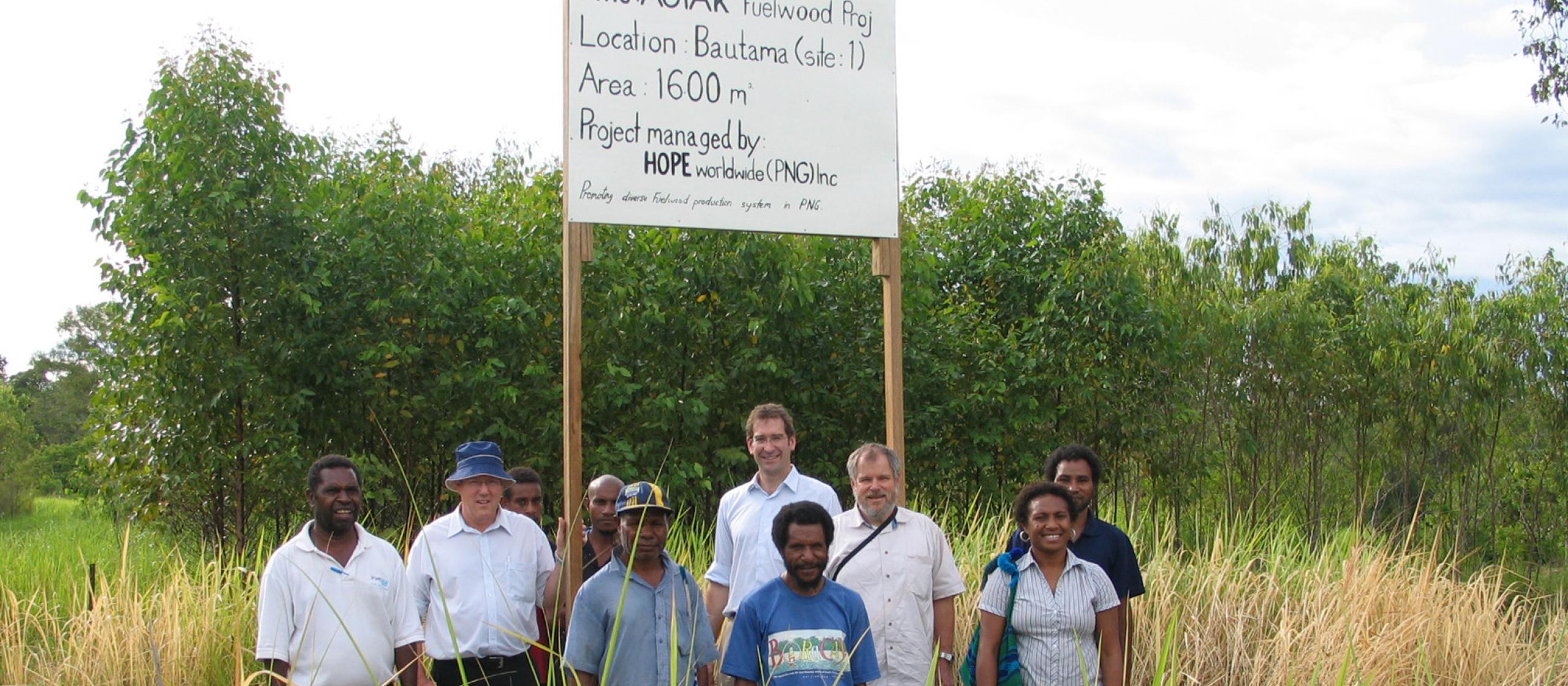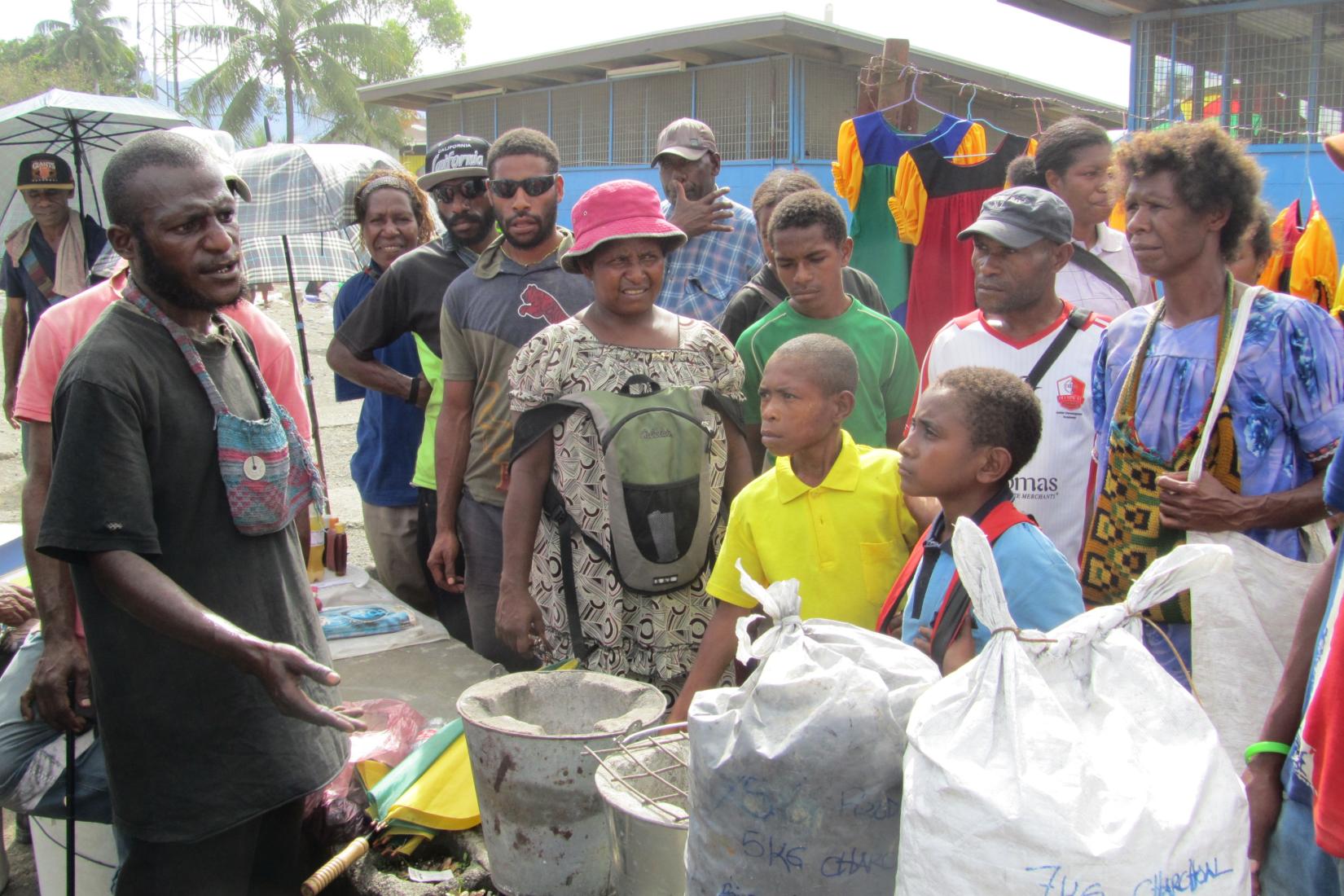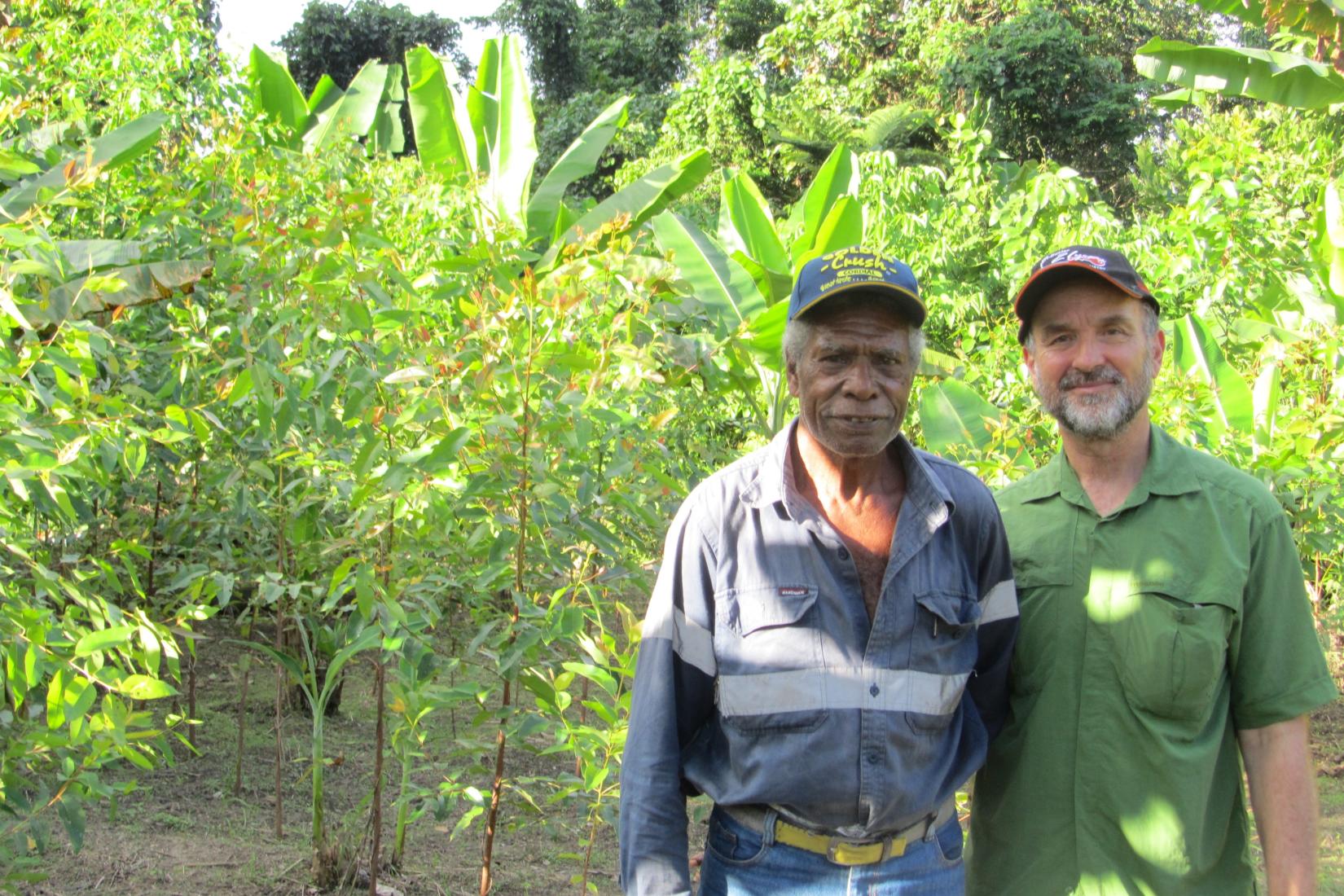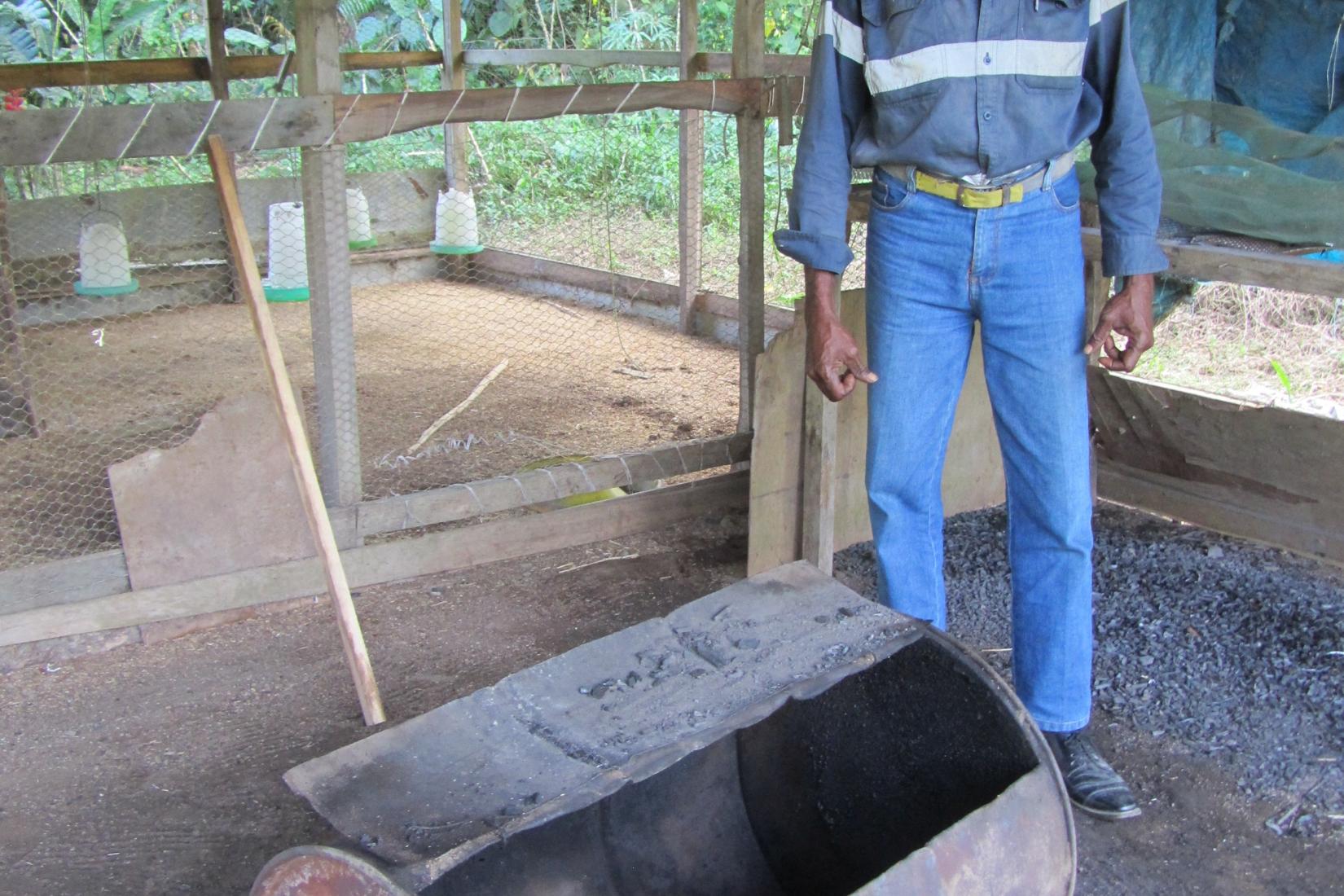The research team identified promising tree species in terms of performance (wood volume, tree form, and coppicing ability) that could be grown by farmers. They then turned their attention to acceptability of different woods by buyers. At this point they realised it would be difficult to sell new types of fuelwood, but that charcoal might be more popular – it is nearly smokeless, it is light and easy to transport, and it is easy to use for cooking. Economic analyses and practical studies, including supporting the establishment of charcoal producer groups, supported the feasibility of a charcoal industry in PNG.
The many different social and cultural groups in PNG mean that there is unlikely to be a one-size-fits-all business model for charcoal producers, and the paper advocates supporting businesses to develop their own way of working. Finally, there is a need to develop supporting policy and institutions for a successful fuelwood and charcoal industry.
The open-source publication of the above paper is part of wider initiative by ACIAR to disseminate the results of its projects as widely as possible. The move towards supporting open access is in line with ACIAR’s thinking on free and fair knowledge sharing in pursuit of more productive and sustainable agricultural systems.






